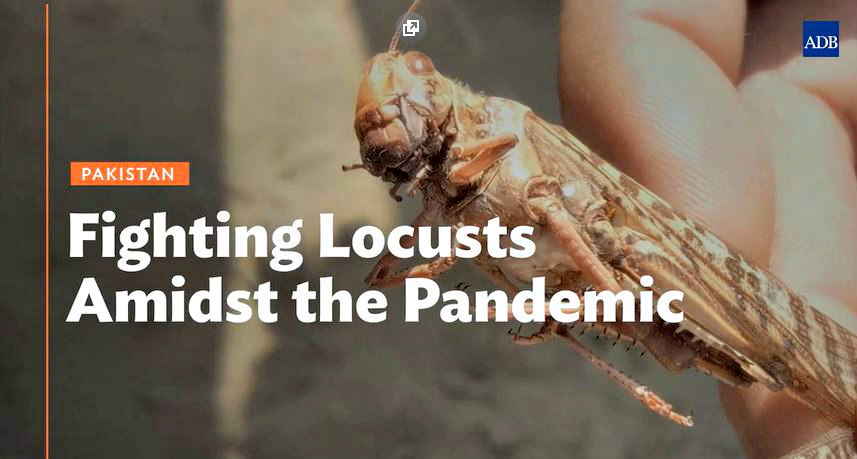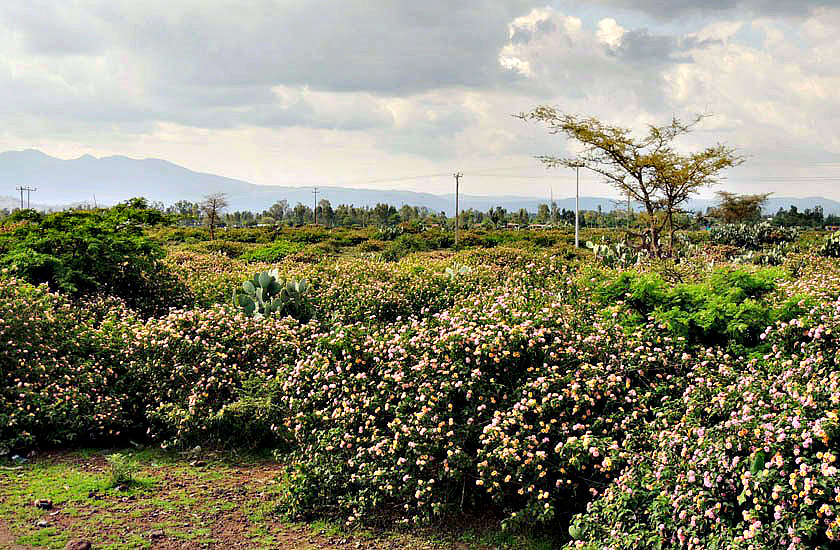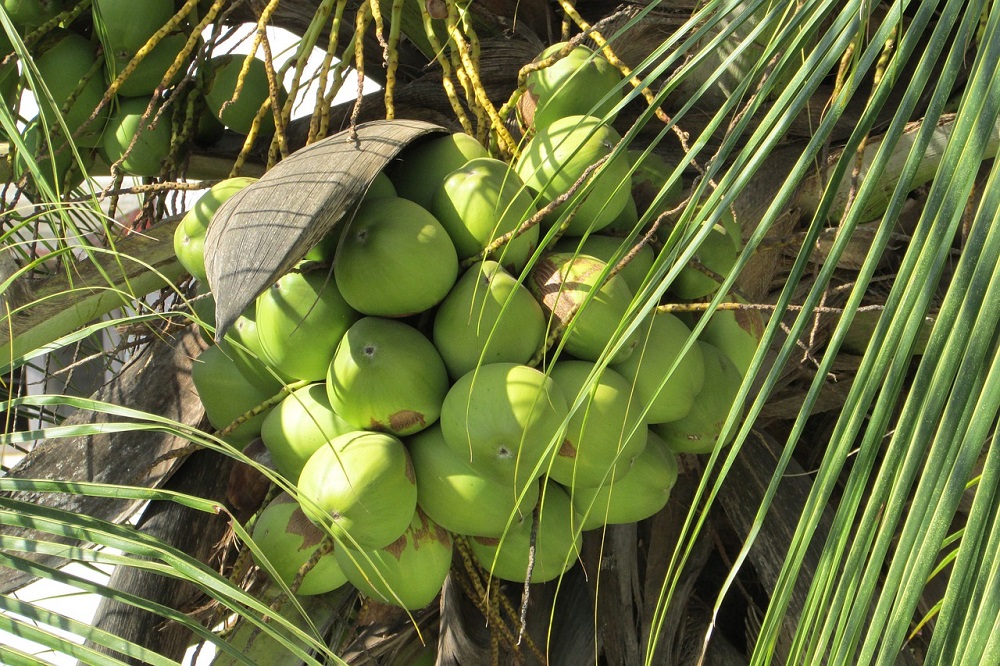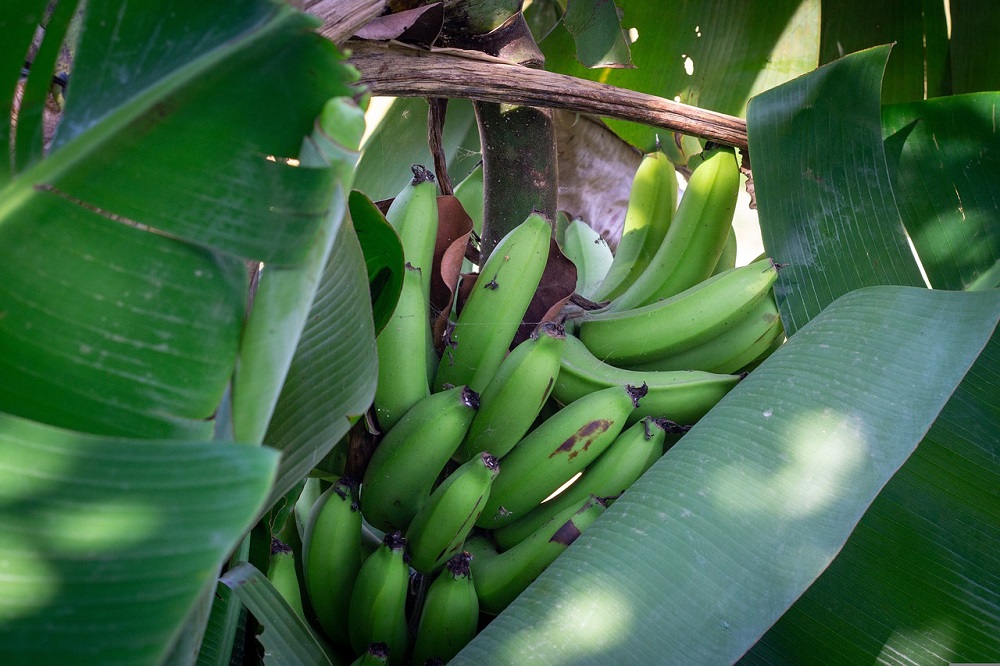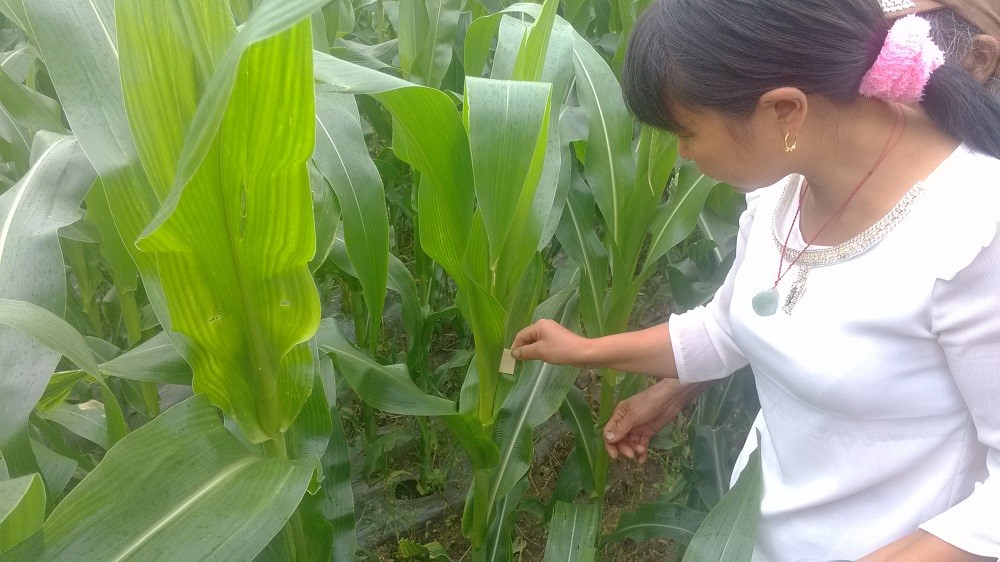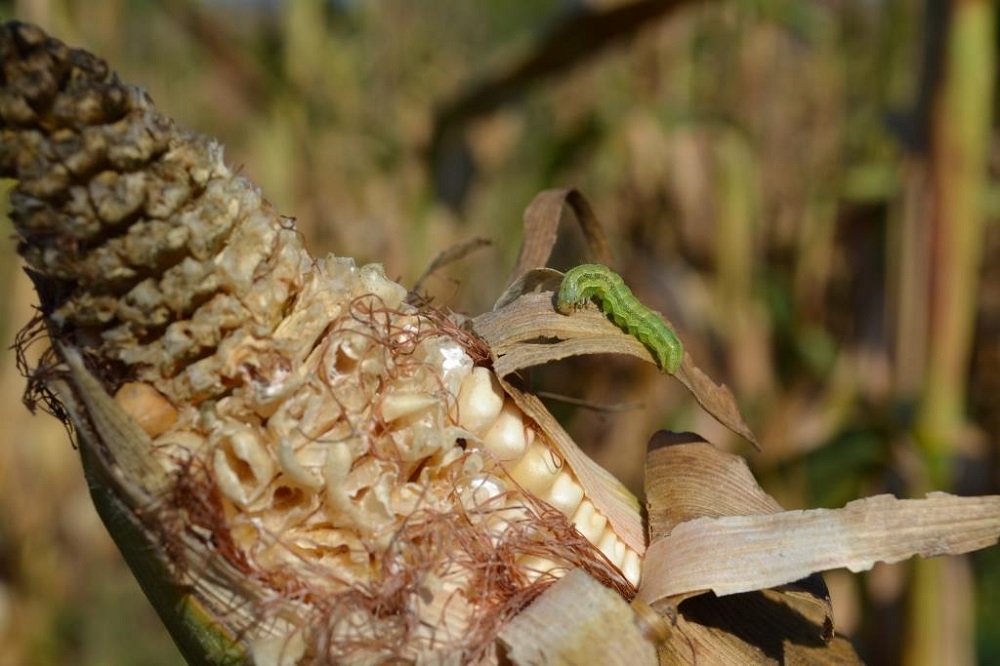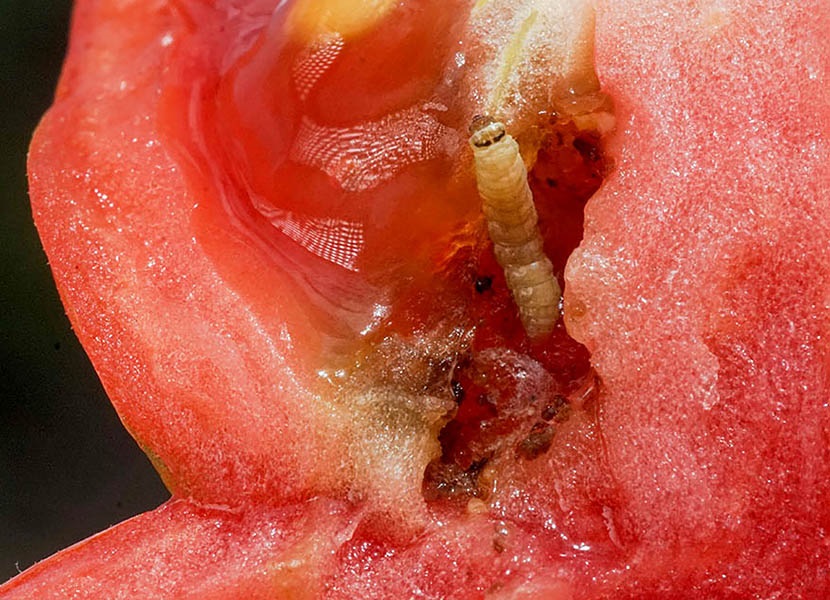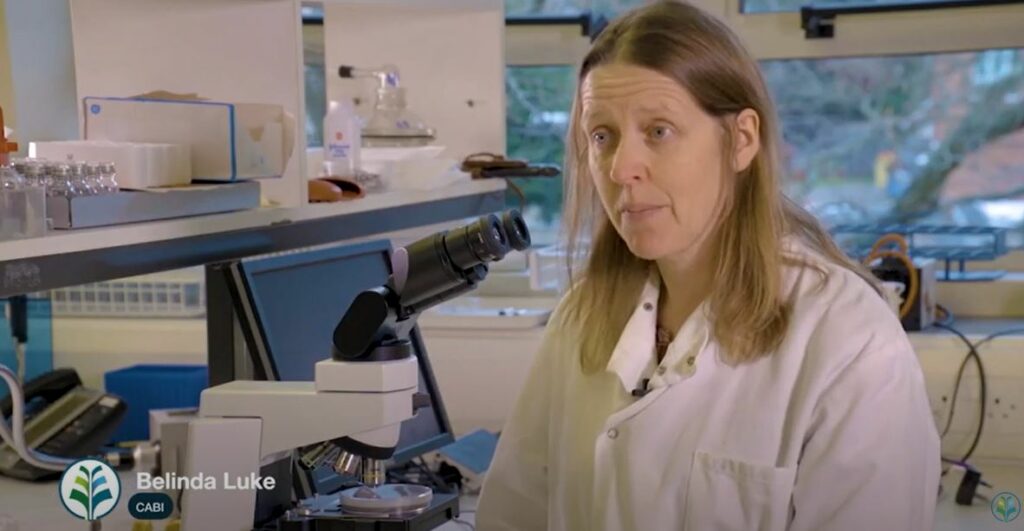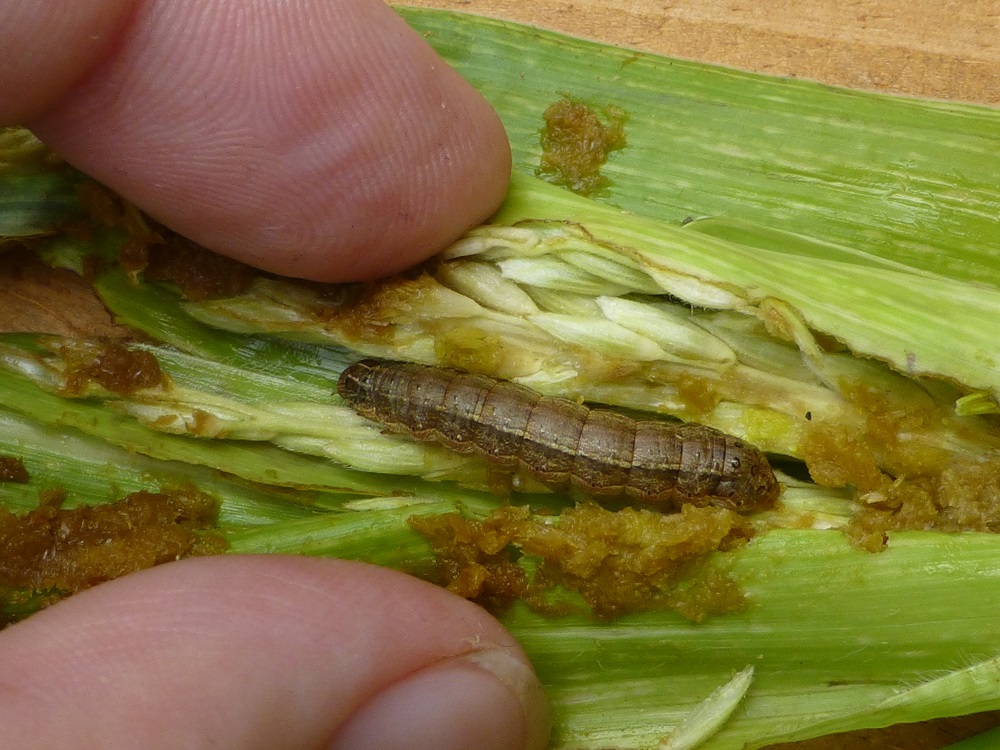Invasives Blog
You are here: Invasives Blog
CABI supports fight against invasive species
October 31, 2022
Wayne Coles
No Comments
ADB Story highlights fight against desert locusts
October 26, 2022
Wayne Coles
No Comments
Research reveals invasive Lantana camara reduced growth of maize by 29% in East Usambara, Tanzania
October 12, 2022
Wayne Coles
No Comments
Prioritizing high impact crop pests for actions to safeguard the plant resources of the Caribbean
September 26, 2022
naitram ramnanan
No Comments
Webinar highlights management options for Fusarium wilt affecting banana crops
September 21, 2022
Wayne Coles
No Comments
Study shows toxicity of chemical pesticides used in maize against natural enemy of Asian corn borer pest
August 17, 2022
Wayne Coles
2 comments
New research proposes local Biological Control Agent hubs to fight fall armyworm in Bangladesh
July 27, 2022
Wayne Coles
No Comments
CABI highlights benefits of Pest Risk Analysis (PRA) support tools to fight invasive species in Caribbean
July 26, 2022
Wayne Coles
1 comment
Developing a cabbage stem flea beetle biopesticide in partnership
June 29, 2022
Wayne Coles
No Comments
CABI collaborates on research suggesting Asia is a ‘genetic melting pot’ for fall armyworm
June 22, 2022
Wayne Coles
No Comments
Subscribe
Find out more
For more information about CABI's work on invasive species, please visit www.invasive-species.org
Contribute
If you are active in the field of invasive species or development and would like to contribute to the Invasives Blog, please contact Donna Hutchinson. We are happy to post credible articles that we think would be of interest to our readership.
Views expressed in contributions do not necessarily reflect official CABI positions.
Archives
Categories
- Agriculture and International Development
- Veterinary and Animal Sciences
- Climate change and biodiversity
- Environmental Sciences
- Invasive species
- Plant Sciences
- Crop health
- Development communication and extension
- Digital development
- Economic development
- Food and nutrition security
- Gender and youth
- Publishing
- Value chains and trade


